Getting the opportunity to travel is one of the most exciting things that can happen. Canadians truly enjoy this experience to the fullest. And a travel credit card is an excellent way to enhance a journey.
Before booking your flight, make sure to look into all options available to Canadians. Find the best credit cards and pick one for yourself. While researching, keep in mind interest rates, fees, rewards, and bonuses. If unexpected expenses arise during your travels, having an app for payday loans can provide quick financial assistance.
If you are uncertain of your choices, below you can read a carefully collected list of the best travel credit cards in July 2025.
Travel Credit Cards: Best Offers
If you are looking for a specific card just for traveling, you are in the right place. Using travel cards or rewards credit cards will allow you to collect points on everyday purchases, which you can later redeem. When you have enough points, you can use them to book hotels and flights.
These cards have many perks that make your journey more enjoyable. Whether you travel for business or simply enjoy visiting different places, this is a great financial decision. Each card option is different, so you need to look for one that suits your needs best. Below are some of the options.
American Express Cobalt® Card
Cobalt® Card allows you to participate in one of the most rewarding programs and reap the benefits. You can earn up to 30.000 membership rewards points per year. You get 5x points for food and drinks, 3x points for streaming services in Canada, 2x bonus points on travel and transit, and 1x on other expenses.
The annual interest rate is 20.99%, with a monthly fee of $12.99. APR on funds advances is 21.99%. You might even get coverage in case of a travel accident! They have excellent customer support and shopping coverage.
Amex Cobalt® offers you a great welcome offer, no annual fees, and points for any card purchases. One setback with American Express is that it might not be accepted in as many places as Visa and MasterCard. However, this rewards card is certainly worth looking into!
Chase Sapphire Preferred® Card
You can earn up to 60.000 bonus points with Chase rewards card. Once you spend $4,000 or over on purchases, you will be able to redeem $750 for hotel stays and other travelling expenses. They have another way to earn points as well!
The Annual Percentage rate is variable, and it goes from 18.24% to 25.24%. The annual fee is $95. Their main advantages are trip cancellation protection, points balance transfer at a 1:1 rate with zero transaction fees, and multiple ways to earn rewards. Their main disadvantage is the annual fee.
However, bear in mind that you can earn 3x points for food expenses, 2x on travel card purchases, and 1x on other expenses. There are also no foreign transaction fees! Check out Chase Sapphire Preferred® Card and decide if it is best for you.
Capital One Venture Rewards Credit Card
If you have good or excellent credit Capital One will let you collect travel rewards. You will earn 5 miles per dollar for hotel stays and rental cars through Capital One and 2 miles doing everyday also purchases. You can earn up to 75,000 bonus miles during the first 90 days after opening your account.
The Annual Percentage Rate varies from 18.99% to 26.99%. There is an annual fee of $95, but there are no foreign transaction fees! Using these credit cards, you can easily make a balance transfer to one of the numerous travel loyalty programs.
Their major advantages are:
- unlimited rewards credit and ability to earn a lot;
- benefits in case of a travel accident;
- a splendid welcome bonus.
Their main drawback is the annual fee. If you can get past that one, Capital One Venture credit card is definitely a good option.
Citi Premier® Card
This rewards credit card offers you up to 80,000 points if you spend over $4.000 within the first 90 days. You can easily redeem these points to get $800 in gift cards. In order to qualify for Citi Premier® credit cards, you must have a FICO® Score of 670.
Your score affects your APR, which can vary from 18.99% to 26.99%. There is an annual fee of $95, but the plus side is that there are no foreign transaction fees or other hidden charges. You can even use the points to shop with Amazon and BestBuy!
Some of their pros are 3x points on restaurants, shopping, gas stations, flights, and hotel stays. They also allow for a balance transfer with low interest. The biggest con of these credit cards is the annual fee. However, as most companies have a fee, this should not be a decision-making point when choosing your best credit card.
Wells Fargo Autograph Card
If you have a credit score of 670 or higher, you have the opportunity to get rewards points with Wells Fargo credit cards. The welcome offer gives you a chance to earn up to 30.000 bonus points. To get those $300 for redemption, you have to spend $1.500 within the first three months.
Unlike many other credit cards, this one does not have an annual fee! You get a 0% APR for the first 12 months as a part of the intro deal. After that, the APR varies from 17.99% to 27.99%.
Here are some of the pros and cons of the Wells Fargo Autograph Card:
Pros
- Unlimited 3x points on food, travel, gas, transit, and streaming
- Multiple redemption options
- No annual fee.
Cons
- 5% balance transfer fee
- Not many additional benefits.
Wells Fargo travel cards seem to be the best option if you are not looking for added perks.
Chase Freedom Unlimited®
Chase Freedom Unlimited® is one of the best travel credit cards. As a new cardholder, you have a chance to earn 3% cash back on restaurants and drug stores and 1.5% on other purchases. You can earn a $200 bonus after spending only $500 within the first 90 days of opening your account!
APR on purchases and balance transfer is 0% for the first 15 months. After that, the percentage rate varies from 17.24% to 25.99%. There are foreign transaction fees that are very low.
Why Chase Freedom Unlimited®? Here is a list of pros and cons that will help you decide if it is best for you or not:
Pros
- Unlimited cash back
- Low APR for the first 15 months
- Excellent welcome bonuses
- No Annual Fee.
Cons
- You need a credit score over 690
- Bonuses can be complicated.
The Platinum Card® from American Express
If you are interested in high travel rewards, American Express Platinum Card® will be the best for you. Within the first 6 months, you can earn up to 150.000 points. All you have to do is spend $6.000 on purchases.
Annual Percentage Rate varies from 18.99% to 25.99%. There is an annual fee of $695 for this card. However, it does offer numerous benefits. You can get 5x points on flights and hotels and 1x on other expenses.
To make the best decision, you should look into advantages and disadvantages of Amex® Platinum:
Pros
- Best credit cards to collect rewards points
- Multiple redemption options
- Soft credit check.
Cons
- Large annual fee.
Bear in mind that if you are a frequent traveler, the annual fee will not be much of an issue. It can easily be justified with all the benefits. However, if you do not travel that much, you might want to look into other options.
Chase Freedom Flex
Chase Freedom Flex allows you to get travel credit and enjoy numerous other perks. Get up to 5% cash back on groceries if you spend $12,000 in the first year. That way, you can get $600 back!
If you spend $500 in the first 3 months, you can get a bonus of $200. The best part is there is no annual fee on Chase Freedom Flex. Their APR is 0% for the first 15 months, and after that, it goes from 17.24% to 25.99%. Balance transfer fees are charged.
Since cash back does not expire, you can use it as long as your account is active. Freedom Flex even provides you with cell phone insurance. Here is a list of advantages and disadvantages to help you choose the best among multiple credit cards out there:
Pros
- No annual fee
- Cashback
- Best welcome bonus.
Cons
- To qualify, you must have a good or excellent credit score
- 3% foreign transaction fees.
What Is a Travel Credit Card?

If you have heard of travel credit cards, but you are uncertain of what they are, stick around! What is the difference between regular credit cards and travel cards? The first thing you need to know about is rewards points.
With credit cards for traveling, you can earn the best bonuses by simply spending money from the card. Different cards offer different perks, but either way paying for food, flights, and hotels gets you points that can be redeemed.
Generally, you can use those points to book a hotel or purchase a plane ticket. Each card has its currency, but the most common ones are miles and points. Depending on the credit cards and companies, some might give you 2 points for each dollar spent, while others might offer more or less. Think about what suits your needs best.
How to Find the Best Travel Credit Card for You
Making a decision is the hardest when you have a lot of options. Choosing the best credit card requires a lot of research. You must compare and contrast multiple credit cards before opting for the best travel card for yourself.
There are quite a few features that you need to consider. From interest rates to cash back, you have to be aware of all aspects and what these credit cards bring to the table. Here is what you should keep in mind:
Annual Fees
Multiple credit card companies charge annual fees for using their travel cards. However, this does not mean you have to rule them out immediately. Even though some cards charge fees, they might provide better perks to justify the charges.
Interest Rates
You will find a lot of credit cards that charge 0% in the first year or even 15 months after opening your account. Make sure to compare APRs for each company. Choose the best one for your needs.
Tiered vs. Fixed Rewards
Tiered rewards are points you get for particular purchase categories. For example, you get 5x points for flights and 3x for groceries. Whereas fixed rewards offer the same number of points regardless of your card purchases. It is up to you to decide what is best.
Cash back Spending Caps
A lot of credit cards will offer you cash back as a welcome bonus. However, many of them will also have a spending cap. Make sure you do not lose out on any rewards.
Pros and Cons of Travel Cards
Travel cards are the best and most convenient option for those who often enjoy trips. Sometimes, these are a good idea, and sometimes that is not the case. To get the full picture of credit cards for traveling, you must consider all advantages and disadvantages.
| Pros: |
|
| All credit cards for traveling allow you to earn points for making card purchases. You can get points for groceries, gas, and so on. Some rewards are fixed, and some are flexible. |
|
| You can redeem your points for booking a hotel, a plane ticket, or even getting a gift card. |
|
| A lot of credit cards provide you cash back for certain purchases if you meet their requirements. |
|
| By using a travel card, you might be able to get the best hotel room or a plane ticket upgrade. |
|
| Most companies offer excellent welcome packages for new cardholders. This usually includes a lot of bonus points! |
| Cons: |
|
| There are multiple credit card companies that have an annual fee set for travel cards. |
|
| You might be charged a certain percentage for making remote transactions. This is not the case with all credit cards. |
|
| If you are looking to transfer your balance to a different card or a program, you might face certain charges. |
Making The Most Of Your Travel Card
Before you get a travel card, or if you already have one, you should learn some tips to make the most of it. What is the best way to utilize your card and maximize rewards? Here are a couple of ideas:
- Always read the terms and conditions for rewards credit
- Search for all bonus opportunities
- Collect points for everyday expenses
- Learn about the bonus categories
- Travel more by developing the best plan for traveling rewards
Conclusion
Travel cards offer numerous perks to cardholders. With a couple of drawbacks, they certainly have a lot more good things to provide. From various bonuses to saving money on traveling, these cards have it all.
To find the best credit card for yourself, make sure to look into different possibilities. There are a lot of companies out there waiting for you to become a customer. Think wisely and do your research before you embark on this journey.

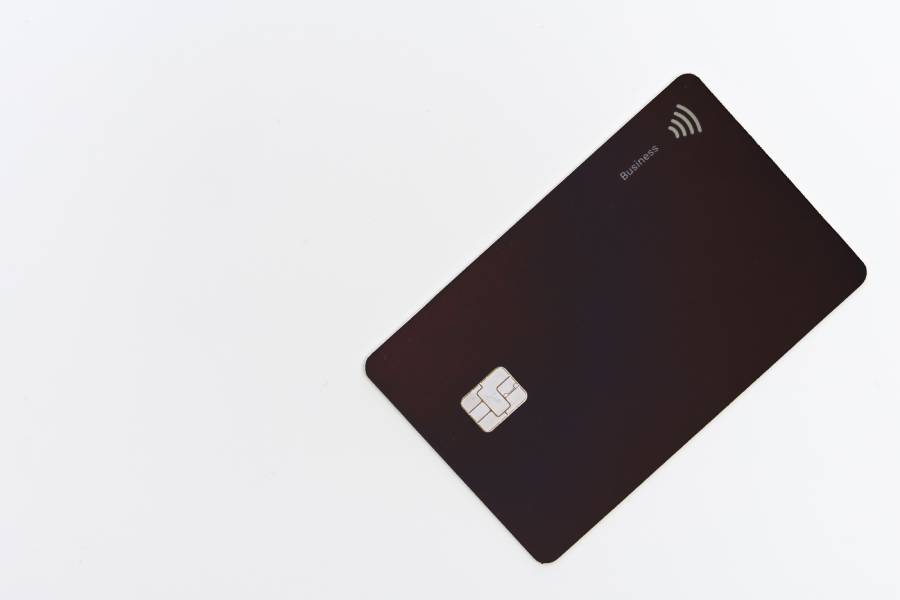
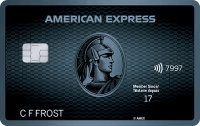



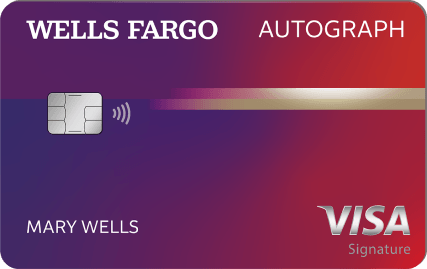
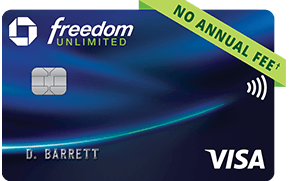
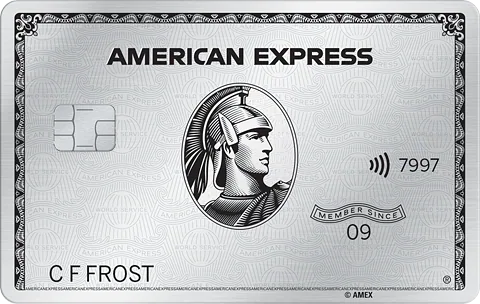

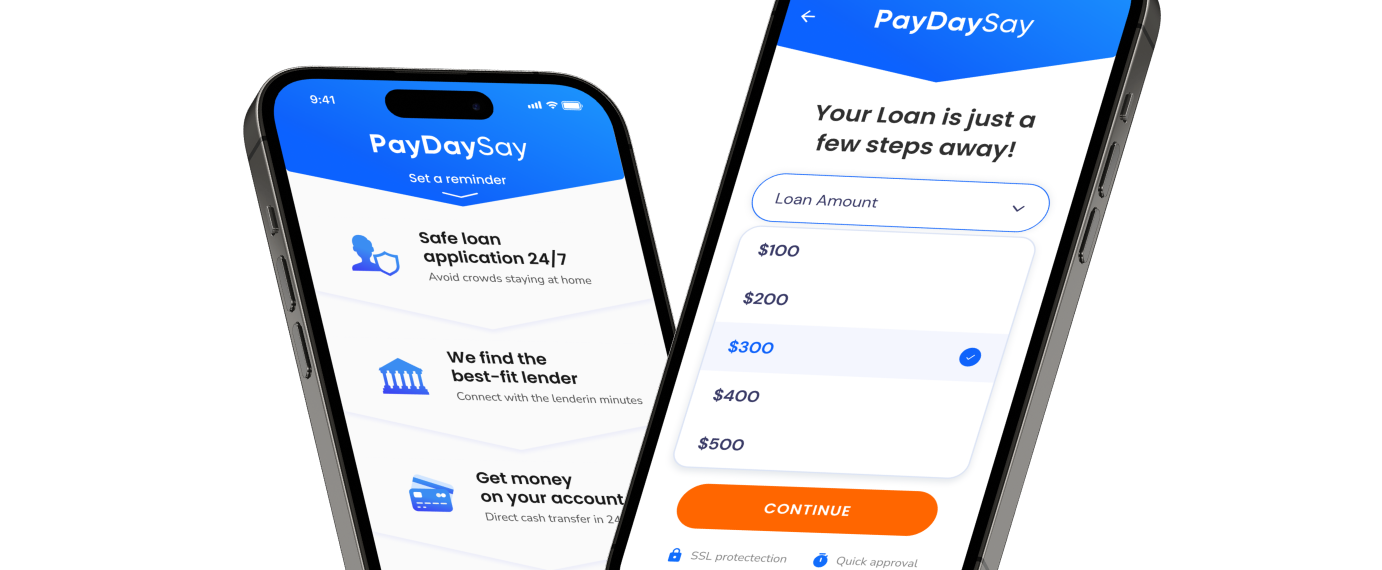










 on your homescreen
on your homescreen